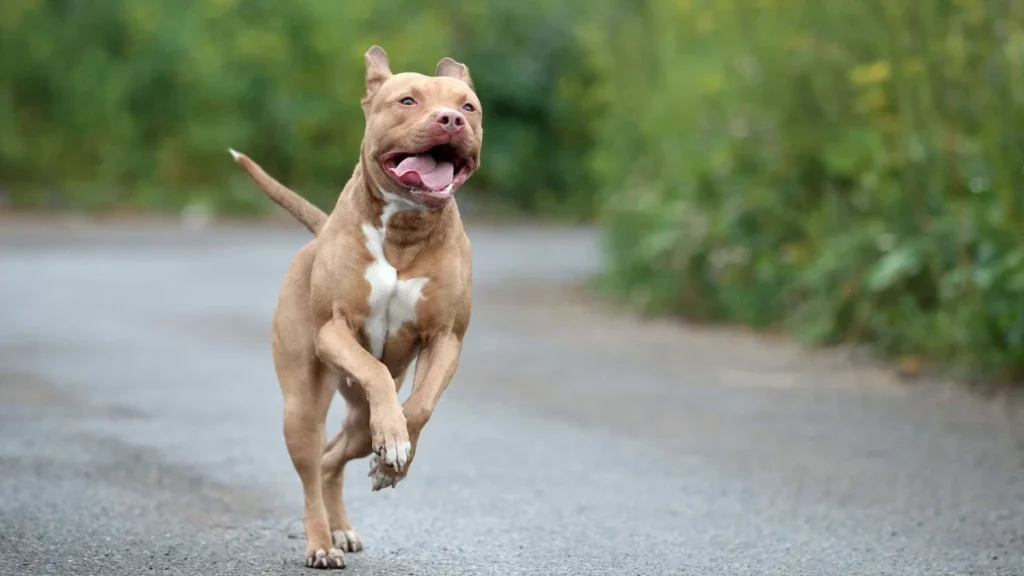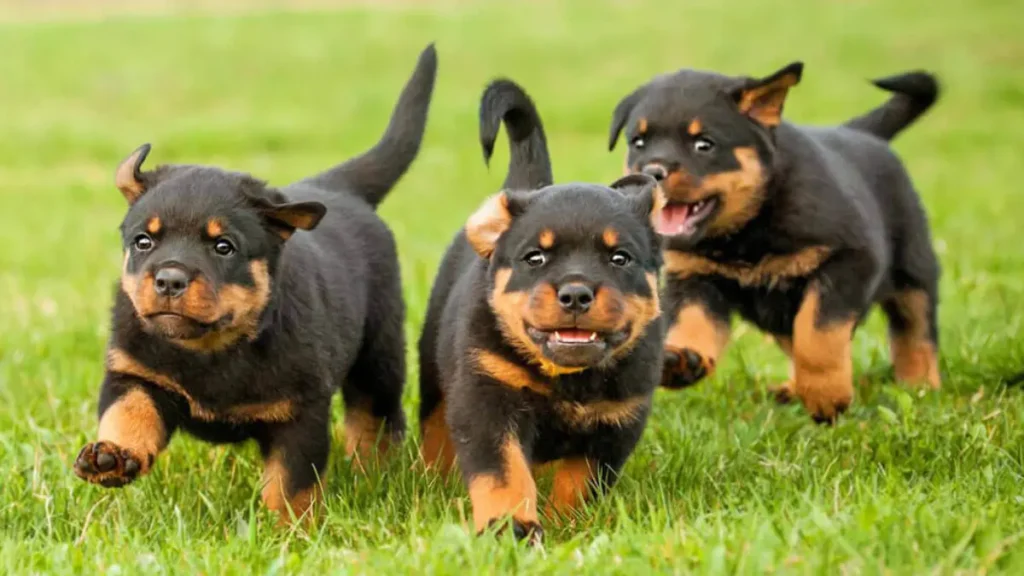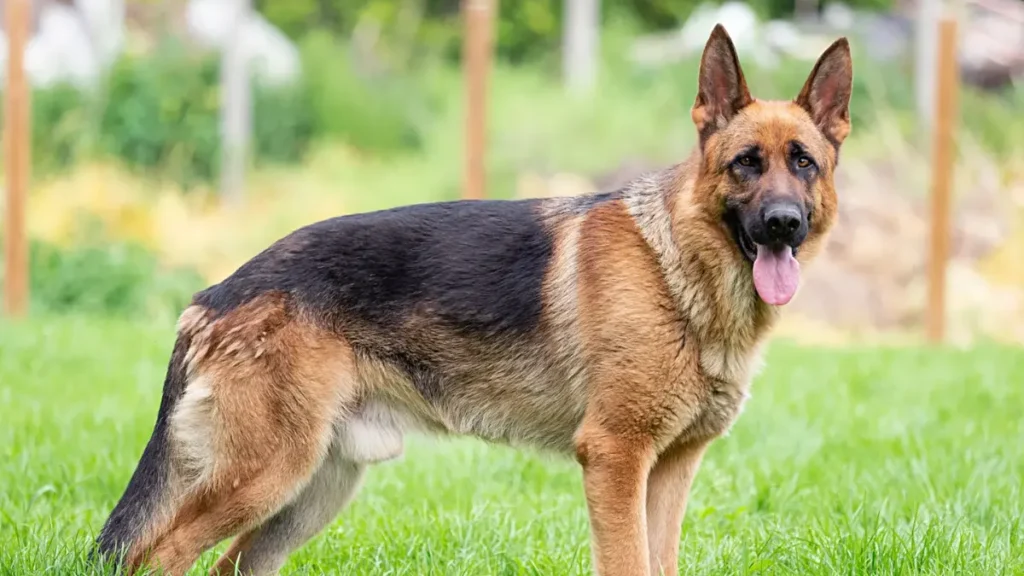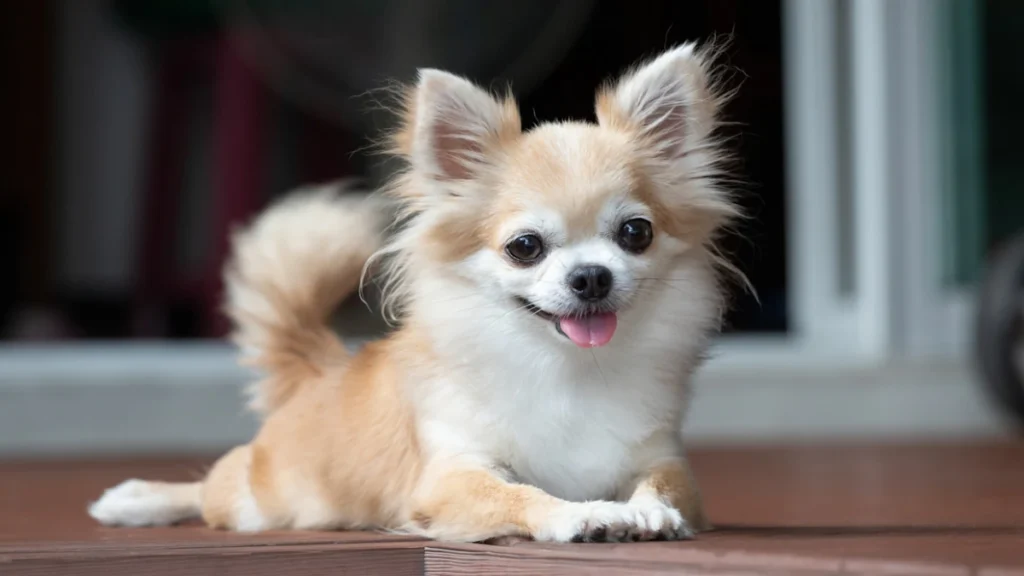Aggression in dogs is a complex topic. It’s often misunderstood and unfairly sensationalized. When experts refer to a breed as “aggressive,” they are typically referring to a higher propensity for assertive or reactive behaviors under certain circumstances not necessarily unprovoked violence. Many so-called aggressive breeds are loyal, intelligent, and loving when raised and trained properly. However, due to genetic predispositions, history of breeding, and temperament, some breeds do tend to be more dominant, territorial, or reactive than others.
Veterinarians, animal behaviorists, and dog trainers assess aggression based on multiple factors including bite incidents, reactivity, protectiveness, and behavioral tendencies in unfamiliar environments. Below is a closer look at five breeds that frequently appear at the top of expert rankings for aggressive behavior not to demonize them, but to offer a clearer understanding of their nature and needs.

American Pit Bull Terrier
The American Pit Bull Terrier is perhaps the most controversial breed when it comes to discussions about aggression. Originally bred for bull-baiting and later dog fighting, the breed has a muscular build, strong jaw, and intense determination. Experts often rank pit bulls at the top of aggressive breed lists not necessarily because they bite more often, but because when they do, the severity of the injury is often greater due to their physical power and bite strength.

Despite their reputation, pit bulls can be incredibly affectionate and loyal pets. Their aggressive tendencies often emerge from poor ownership, lack of socialization, or abuse. In environments where they are trained with care, exposed to diverse people and animals from a young age, and given consistent leadership, pit bulls can thrive as gentle and obedient companions. Still, their natural intensity and strength mean that responsible handling is a must.
Rottweiler
Rottweilers have long been regarded as powerful, protective dogs with an intimidating presence. Originally bred to drive cattle and guard property, they are naturally territorial and can be extremely protective of their families. Rottweilers are often labeled as aggressive due to their alert nature and strong guarding instincts, which can manifest as suspicion or hostility toward strangers if not carefully managed.

Experts consistently note that Rottweilers require firm, consistent training and early socialization. Without that foundation, their strength and assertiveness can become problematic. They are also highly intelligent, which means they respond well to structured environments but can become defiant if left without guidance. A well-trained Rottweiler is often calm, confident, and loyal but one raised without boundaries can exhibit dangerous behavior, especially in unfamiliar or high-stress situations.
Doberman Pinscher
Known for their sleek appearance and fierce loyalty, Doberman Pinschers are another breed frequently cited for aggression. Originally developed in Germany for protection work, Dobermans were bred to be alert, fearless, and highly trainable. These qualities make them excellent guard dogs, but they can also contribute to aggressive behavior when not properly channeled.

Experts emphasize that Dobermans are not naturally vicious, but they are highly sensitive and responsive to their surroundings. If they perceive a threat to their home or family, they can react quickly and forcefully. This reactivity can be mistaken for aggression, particularly in environments where the dog is not properly socialized or where it feels insecure. With the right balance of authority, social exposure, and mental stimulation, Dobermans can be deeply affectionate and gentle but they are not ideal for first-time dog owners who are unprepared for their intensity.
German Shepherd
The German Shepherd is one of the most recognizable and respected breeds in the world, known for its intelligence, loyalty, and versatility. Frequently used in police and military roles, German Shepherds are often associated with control, discipline, and strength. However, their protective instincts and alertness also contribute to their reputation for aggression.

Experts often rank German Shepherds among the more aggressive breeds due to their tendency to be wary of strangers and their quickness to react to perceived threats. Their strong territorial drive makes them excellent guard dogs, but without early socialization, they can become overly suspicious or even hostile in unfamiliar situations. German Shepherds require mental stimulation, regular physical activity, and clear leadership. When properly raised, they are among the most obedient and dependable dogs. Without it, their intelligence can turn into manipulation, and their loyalty can transform into overprotectiveness.
Chihuahua
It might come as a surprise, but the tiny Chihuahua often ranks high on expert lists of aggressive dog breeds. Though physically small and often treated more like accessories than animals, Chihuahuas are known for their big personalities and quick tempers. In fact, studies and surveys on dog aggression frequently note that Chihuahuas exhibit high rates of snapping, growling, and even biting, particularly toward unfamiliar people or other animals.

Experts believe this aggression stems from a combination of factors. First, their small size can make them feel vulnerable, prompting defensive behaviors. Second, they are often poorly socialized because owners assume their size makes them harmless. Finally, many Chihuahuas are not given the structure or training that larger dogs receive, allowing bad behavior to go unchecked. Despite their small stature, they can be fiercely territorial, possessive, and demanding. With proper training and attention, they can be loving and confident companions but they need the same respect and discipline as any larger breed.
A Misunderstood Topic
Labeling certain breeds as “aggressive” is not the same as calling them dangerous or unloving. Every dog is an individual, shaped by its environment, training, and life experiences. Genetics do play a role in temperament, but they are only part of the picture. Many so-called aggressive breeds are deeply affectionate, loyal, and stable when raised correctly. At the same time, underestimating the behavioral tendencies of certain breeds can lead to accidents, misunderstandings, or harm.
What experts agree on is the importance of responsible ownership. Dogs, especially those with strong instincts or reactivity, require time, patience, and leadership. Socialization, consistent training, and early intervention are crucial for any dog, regardless of breed. Aggression is a behavior not a destiny and with the right approach, even the most misunderstood breeds can be loving and trustworthy companions.
Final Thoughts
The conversation about dog aggression should never be about blame or fear should be about understanding. By recognizing which breeds are more prone to assertive or protective behaviors, owners can better prepare themselves to provide the right environment and training. Breed should never be the sole factor in choosing a pet, but it should be one of many considerations. At the end of the day, it’s not just the breed that matters it’s the bond, the guidance, and the respect between human and dog that determines behavior.
Disclaimer: This article is for informational purposes only. Breed behavior varies by individual dog. Proper training, socialization, and responsible ownership are essential for all dogs, regardless of breed or reputation.
